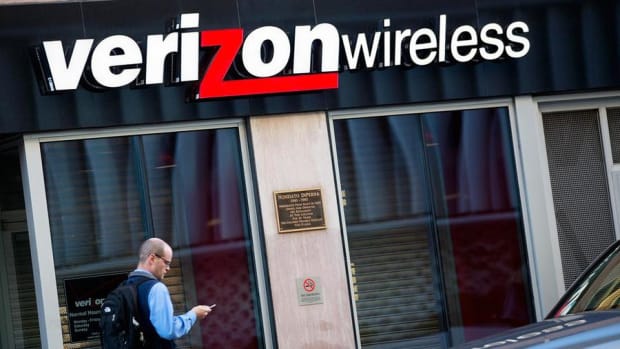At some point in the last decade, the tides of "gotta have the latest iPhone" have turned and many started looking to make our phones last for longer. While 60% of Americans would replace their phone within two years in 2016, only 47% were doing so by the second quarter of 2020.
That trend has started to get picked up by network providers like Verizon (VZ), which recently nixed its 12-, 24- and 30-month financing plans.
As Droid Life first reported, those looking to finance their phones from Feb. 9 will need to stretch it out for three years instead of going for previously-available 12- or 24-month options.
The other option is, of course, to pay the $1,000-or-so new phone price tag outright or make some monthly payments and then pay off the remaining balance in a single installment.

Image source: TheStreet.
Verizon Lowers Payments But Makes Deals Longer
The three-year plan, which also applies to purchased tablets, computers and smartwatches, allows Verizon to lure customers in with very low monthly payments.
For example, $30.55 for an Apple iPhone 13 Pro Max, which inadvertently delays the time when a user needs a new gadget.
But this strategy also runs counter to the core sell-more-phones strategy that phone makers like Apple have taken on for years. In 2019, the U.S. House Judiciary Committee probed Apple on user concerns over overpricing and discouraging repairs to instead push people to buy new devices.
Will We All Start Buying Fewer Phones Now?
While longer plans will allow network operators like Verizon to bring in more customers, will it cause fewer phones to be sold overall?
As the "Right To Repair" movement started picking up steam and earning manufacturers increased scrutiny, Apple launched its first home-repair program with official parts and tools.
While it's too early to tell how longer payment plans will affect phone sales, the movement to make a phone last longer is coming from all kinds of different directions.
While the environmental concern has long been a factor, a global semiconductor shortage is now spiking the cost of phones and making frequent replacements much more costly.
This is already starting to show in user habits: According to a study from Consumer Intelligence Research Partners, 30% of iPhone users reported having their phone for more than three years in the second quarter of 2021.
AT&T (T) has also recently bumped the length of its shortest possible phone installment plan to 36 months while T-Mobile (TMUS) still offers customers a 24-month plan.







